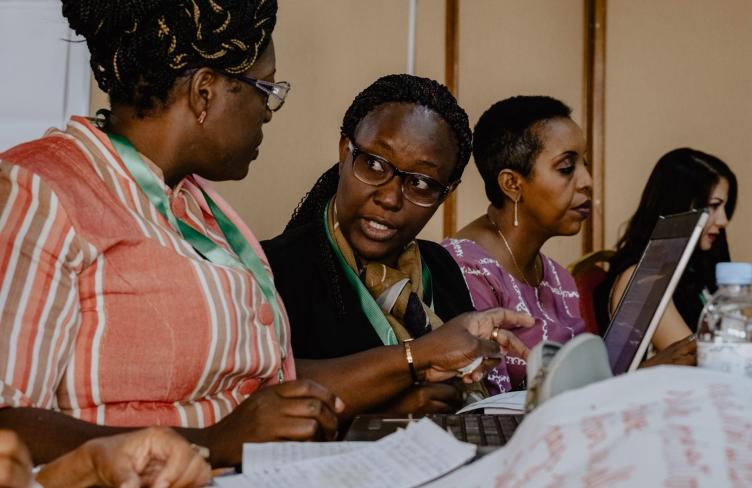The APT is able to operate globally thanks to the generous financial support of its donors.


Preventing torture starts with a strong legal framework that defines and criminalises torture. Equally important is a judicial system that refuses confessions or evidence obtained through torture.
However, laws and policies are only effective when they are implemented in practice. That’s why torture prevention efforts must include safeguards in detention, effective interviewing practices, and training for law enforcement officials and others in the criminal justice system.
Excluding confessions obtained through torture and ill-treatment by the judiciary – in law and practice – eliminates the incentive to use torture or coercion during questioning.
Implementing legal and procedural safeguards from the first moment of detention reduces the risks of torture and ill-treatment.
Rapport-based interviewing helps police obtain reliable information and ensure justice, while respecting human rights.
Regular and effective monitoring of police actions, including the use of force outside custody, reduces the risks of torture and ill-treatment.
Improved police practices and professionalism contribute to more effective policing, with better results and safer societies.
We helped develop the Méndez Principles on Effective Interviewing, a new approach to end coercive interrogations and uphold safeguards for people deprived of liberty. We are advocating for their support by the international community and their implementation at the national level.
We are coordinating the #SafeInCustody project in Malaysia, the Philippines and Thailand to counter the risks posed by forced confessions and incommunicado detention.
We are supporting the implementation of custody hearings in Brazil, including by sharing up-to-date data on our Observa Custódia platform to help shape policies and practices that uphold key safeguards in detention.
In partnership with the Provedor for Human Rights and the Ministry of Justice, we published Torture Prevention Modules for Prison Guards in Timor-Leste. We worked with a group of 19 Timorese trainers, who then conducted pilot training with prison guards from three prisons, to support a sustainable transfer of knowledge, as well as local ownership of the training and tools.
With the APT, we have introduced a new tool which we call the letter of rights. In the beginning, the police were reluctant, seeing it as more work to explain their rights to people. But it has changed the way we work. This is a real innovation, they now understand that the implementation of safeguards constitutes a beacon for them.

The APT is able to operate globally thanks to the generous financial support of its donors.

Join our mailing list to receive monthly news and updates about torture prevention.